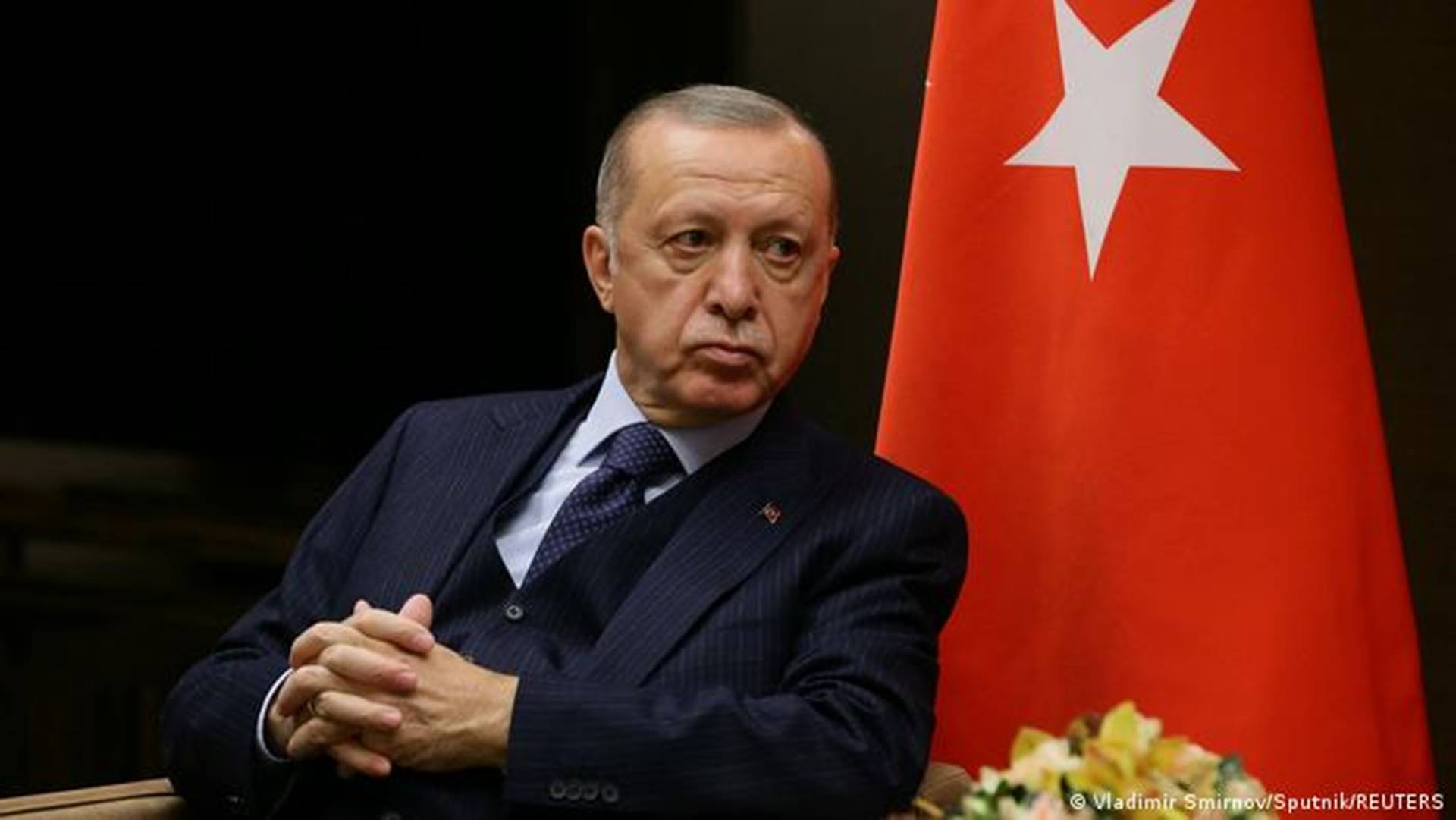Turkey is raising its minimum wage by 50 percent starting next year

Turkey is raising its minimum wage by 50 percent starting next year, as households throughout the country struggle with soaring inflation and a crashing lira.
President Recep Tayyip Erdogan made the announcement on Thursday during a televised press conference, saying the policy shift will deliver the highest minimum wage increase in 50 years.
The boost pushes Turkey’s minimum wage from 2,826 Lira ($182) a month to 4,250 Lira ($275) and will affect some 6 million workers directly.
Kanal Istanbul Turkey’s biggest step in maritime transport: Erdoğan
“We are determined to put an end to the uncertainty that has arisen with the recent fluctuations in the exchange rate and the exorbitant price increases as soon as possible,” said Erdogan. “We will determine the future of this nation together with its men and women, young and old, workers and employers.”
Erdogan also said that the government would abolish income and stamp tax on the minimum wage.
The economic fortunes of Turks have been roiled this year by blistering inflation and a lira crash that has seen the Turkish currency lose more than half of its value against the United States dollar since the beginning of January.
The country’s official inflation rate topped 21 percent last month – more than four times the target rate set by Turkey’s central bank. But members of Turkey’s political opposition and some economists say the official rate is likely understating the true rate of price increases.
Security forces get Akıncı, Turkey’s most advanced drone to date (GALLERY)
“According to [independent inflation research group] ENAG inflation is about 60 percent, so this increase in minimum wage approximately meets the inflation,” Harun Ozturkler, professor of econometrics at Kırıkkale University told Al Jazeera. He also noted that the new minimum wage was still below other important costs of living indicators that labor groups have put forward.
The lira plunged to a fresh all-time low on Thursday after Turkey’s central bank slashed interest rates by a full percentage point to 14 percent – the fifth cut it has delivered since September.
Slashing interest rates in the face of soaring inflation goes against mainstream economics because lowering borrowing costs typically decreases the value of a currency.
The female scientist helps ‘power’ Turkey’s 1st countrywide helicopter engine
But Erdogan insists that lower interest rates will fight inflation, boost economic growth, power exports, and create jobs. Over the past two years, he has sacked three governors of the Central Bank of the Republic of Turkey (CBRT). He also insists that foreigners and their domestic allies are sabotaging Turkey’s economy.
“President Erdogan has continued to dictate to the heavily-purged CBRT to test out his unorthodox view that lower interest rates are needed to bring inflation down,” said Capital Economics senior emerging markets economist Jason Tuvey in a note to clients on Thursday, adding that “the currency is on course for its worst annual performance since 1995!”
The central bank, which has also sold dollars several times in recent weeks to shore up the lira, signaled in its post-meeting statement that the current easing cycle is over for now.
With elections scheduled for 2023, Erdogan had said before Thursday that he would keep pushing for lower borrowing costs.
But some economists believe Thursday’s announced minimum wage boost signals that elections may happen ahead of schedule.
“It also shows probably the government is planning to go to elections sometime in 2022,” Ozturkler told Al Jazeera. “One of the most important factors affecting Turkish voters’ choice is the minimum wage, and the government knows it.”
Napomena o autorskim pravima: Dozvoljeno preuzimanje sadržaja isključivo uz navođenje linka prema stranici našeg portala sa koje je sadržaj preuzet. Stavovi izraženi u ovom tekstu autorovi su i ne odražavaju nužno uredničku politiku The Balkantimes Press.
Copyright Notice: It is allowed to download the content only by providing a link to the page of our portal from which the content was downloaded. The views expressed in this text are those of the authors and do not necessarily reflect the editorial policies of The Balkantimes Press.
